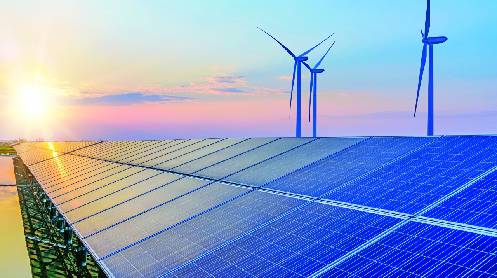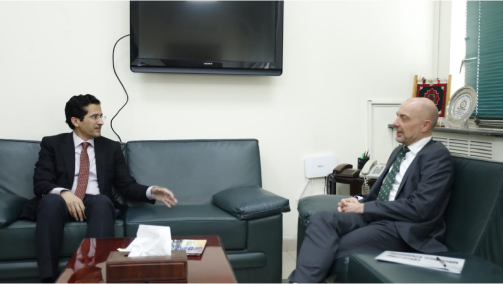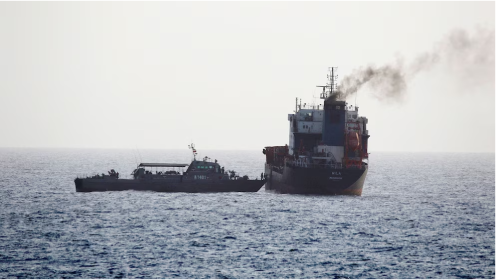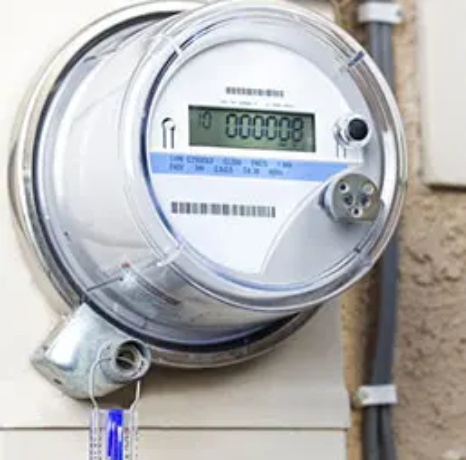The transition to clean energy may be costly, but the current Economic, Energy and Environment (3-E) crises demand a robust investment in renewable energy (RE) sector.
This was the crux of a panel discussion on “Addressing the Economic, Energy, and Environment (3-Es) Crises: Innovation and Technology Driven Approach”. organized by Sustainable Development Policy Institute (SDPI) recently
The experts further called for innovation, robust investment, and real-time data driven decision-making for addressing the energy and economic woes of Pakistan.
Dr Hassan Daud Butt, SDPI Senior Advisor, said the linking energy, environment and economy is fundamental to the socio-economic development of the society. He stressed on behavioural changes, novel technology and policy solutions as the way forward to come out of the existing crisis. He said conservation of energy is pre-requisite to reduce financial expenditure and address climate change-related issues. The unequal distribution of wealth has become horrific in Pakistan and to improve the situation, a viable solution is a must for which immediate policy intervention coupled with swift implementation is needed.
Sadia Dada, Chief Marketing and Communications Officer at K-Electric, stressed the need for more investments in the power sector to resolve the challenges associated with it so that the 3E crises might be overcome. “Since its privatization, KE has doubled its customer base from 1.8 million to 3.4 million; increased its energy supplies from 2200 MW to 3380 MW, and has reduced its transmission and distribution (T&D) losses from 34.2% to 15.3%, which surpasses the target set by NEPRA for the year.” She said all these achievements were possible due to targeted investments of 474 billion – 6 times more than their profits, made by the company across its value chain since privatization.
Muhammad Basit Ghauri, Program Officer, Renewables First, stressed on Demand-side Management through innovation to efficiently manage the energy peak load and strengthening the linkages between academia and industry to support innovations driven by industry demand.
Amer Zia, Chief Distribution Officer, K-Electric, said that unless access to tertiary energy sources is increased, the efficiency of primary and secondary energy sources must be focused to meet the increasing energy demand. He stressed on enhancing data quality so that robust, efficient and intelligent decisions can be taken. He informed that K-Electric has brought various innovative technologies like smart metering, and Geographic Information Systems (GIS), while advanced distribution management systems are also in the pipeline.
Asad Mahmood, Energy Expert, stressed the need for establishing energy conservation cells across the public and private energy distribution companies to resolve the energy crisis. He said as the per capita energy consumption increases, the competition for resources and consequently the cost of energy increases thereby triggering energy poverty in the future as well. He stressed that public energy companies must align standard industrial classification codes with that of Bureau of Statistics so economic activity can be reflected in billing, data collection and industries can be efficiently captured in billing.
Dr Khalid Waleed, SDPI Research Consultant, said that our energy choices are coming at the cost of economy and environment while innovative and technological solutions are at the heart of the triple E crisis. He suggested that Pakistan should negotiate for debt restricting in the form of debt to climate and nature swaps to build adaptation and resilience to climate change, support the transition to clean energy and reduce the national dependency on import fuels.
Mr. Ubaid ur Rehman Zia, SDPI Senior Research Associate, said in the backdrop of high inflation, increasing interest rates, high supply chain cost, and rising commodity prices, the competitiveness of RE projects against fossil fuels has been impacted. To maintain the cost competitiveness of new -RE based systems, he added, it is critical to de-risk the investments, provide regulatory and policy support, improve credit worthiness for the RE developers and establish clean demand signals.
Expert says Huge investment, digitalization a must for clean energy transition





